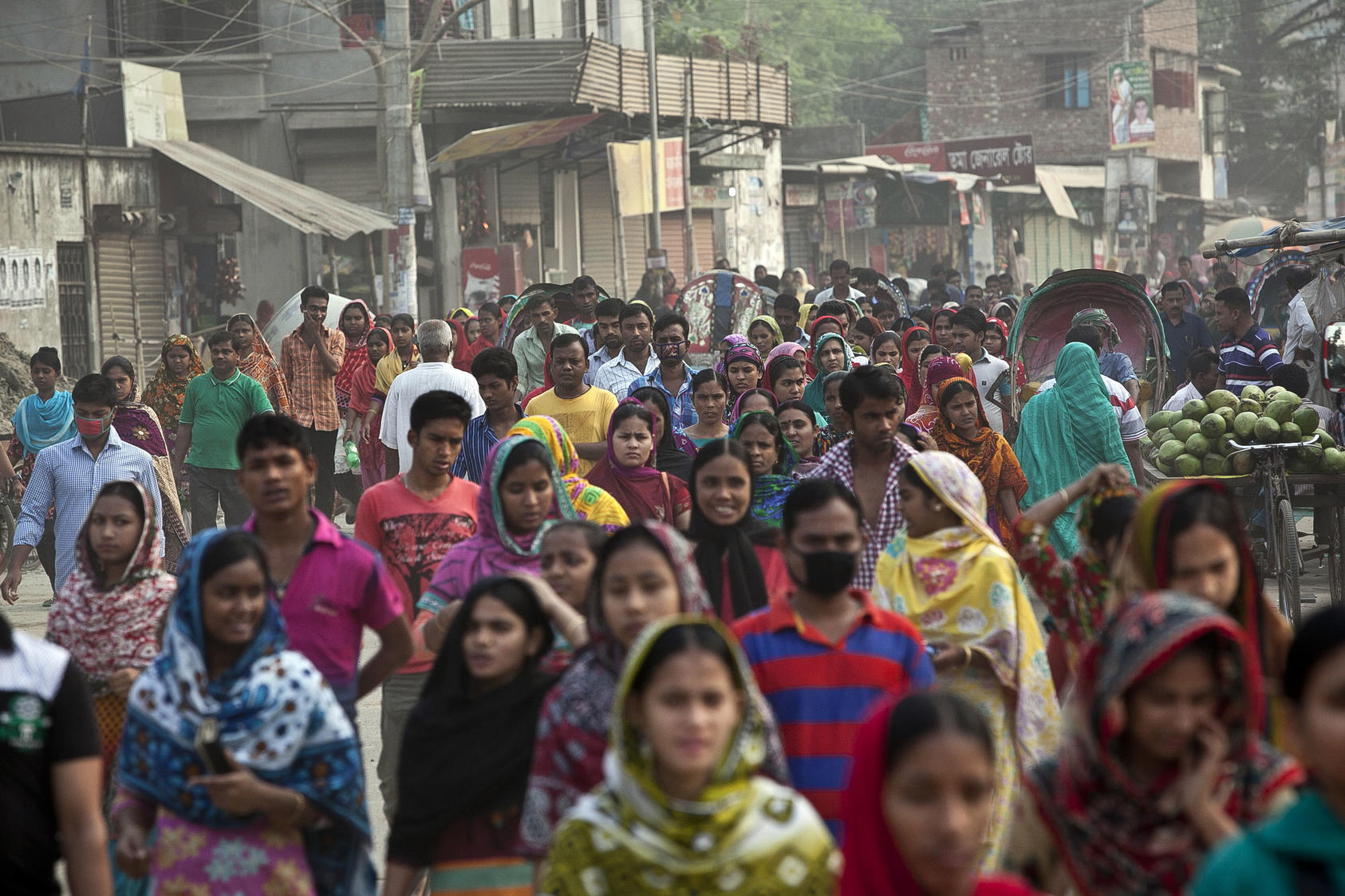General Information

Bangladesh, or the People’s Rebublic of Bangladesh, is a country in southern Asia nestled primarily between Indian states. It borders Myanmar (Burma) to the southeast and the Bay of Bengal to the south. Nearly 98% of the residents of Bangladesh are Bengali, an ethnic and linguistic group who emigrated to what is now modern-day Bangladesh in the 13th century, and much of the remaining population consists of smaller indigenous tribes. Both television and radio are controlled by the government, but the people retain their freedom of the press through newspapers, much of which are privately owned.
History
Though only recently independent in the broad scope of history, Bangladesh shares a strong cultural history with surrounding areas, including India and Pakistan. From 1700 to 1947, the area was under British rule. In August of 1947, at the end of British rule, Bengal was split between Pakistan and India. In 1971, the cultivation of a series of rising tensions in the nation led to uprisings, eventually resulting in it being declared independent in March. A bloody war was fought against the Pakistani government for 9 months, until their surrender on December 16th of 1971. In 1974, Bangladesh was admitted into the United Nations after previously being denied by China.
Bangladesh Today
Today, more than 50 years after gaining its independence, Bangladesh continues to struggle. There has been a pattern of undue violence by government security forces in connection with those who have critiqued the government. Far behind many western countries in labor rights and rights for women and girls, there is much room for improvement. Additionally, the country continues to struggle amidst the aftermath of the Covid-19 pandemic and the current fighting in Ukraine.

